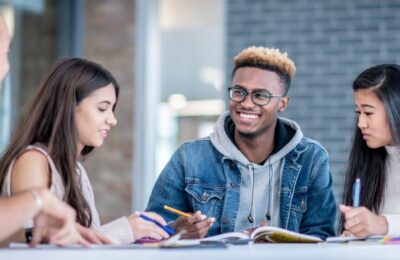Anyone who thinks that studying is necessary to be within the traditional school environment is wrong—quite the opposite. Today, learning outside the classroom is increasingly valued and effective. Faced with so many stimuli, it was possible to imagine this scenario. In field activities, students are encouraged to raise hypotheses and make discoveries. In addition, they can learn from practical activities that they saw at school. Want to understand more about it? So, read on and check it out!
How Important Is Learning Outside The Classroom?
If it may seem difficult to learn outside the classroom for some people, it is entirely possible for others. The school organizes and systematizes learning, but we are curious beings who learn day after day in various contexts, alone or with help. A good example of this is children, who at an early age know how to use electronic devices, such as tablets and cell phones, without anyone teaching them. You probably know one like that, if not your child, don’t you?
Children also learn through drawings, songs, and videos. In this way, everything can be converted into learning. It is worth remembering that the classroom context comes from recent generations. It was common for people to learn outdoors, playing and imitating the examples given by adults in the past.
Studying outside the classroom makes the child experience other contexts of reality that are not seen in teaching materials. Thus, they can observe and interact with the facts they are studying in class. The concept goes beyond outings or extracurricular activities.
Through learning outside the classroom, you can:
- facilitate the understanding of the contents
- develop observation and comparison skills
- allow a broader view of the world and its diversity
- work with various forms of expression, such as interpretation, reading, and writing
- encourage autonomy, respect, responsibility, and cooperation
How Does This Learning Work?
Teaching outside the classroom is not just going out to different places to look at things. The pedagogical team must make a consistent plan so that this experience can add to the proposals of each series. A good example is when students study the geography and history of a city.
That way, the class can take a tour of the city, visit museums and parks, observe the architecture, and talk to older people who know the history of the place. Before going to the field, it is essential to prepare inside the classroom.
It is also essential that an analysis takes place after the laboratory so that students can organize and assimilate what has been learned and share with teachers and colleagues their observations and conclusions on the subject that has been addressed. Bear in mind that places like Mission Grit Kids for example can handle your children’s after class lessons.
















